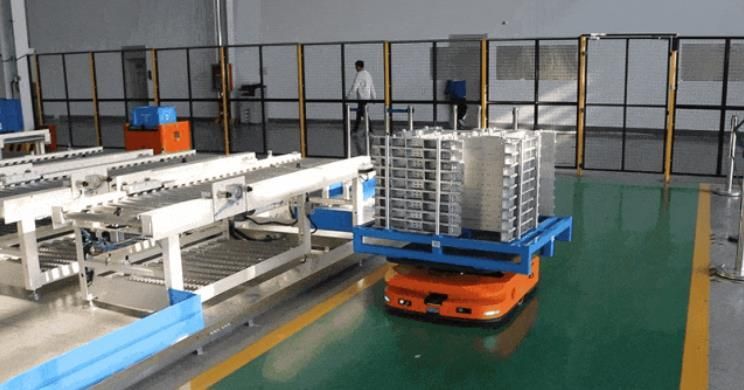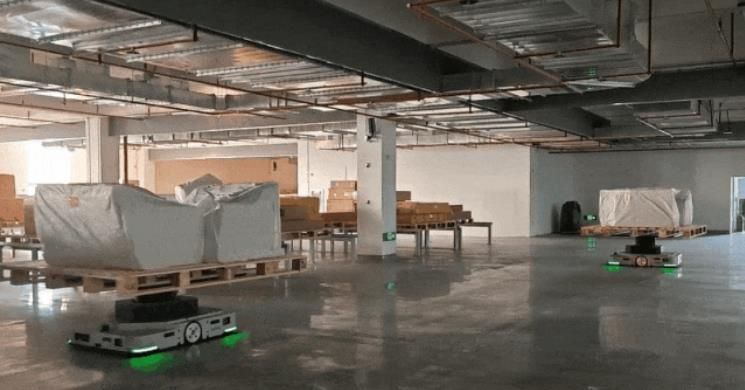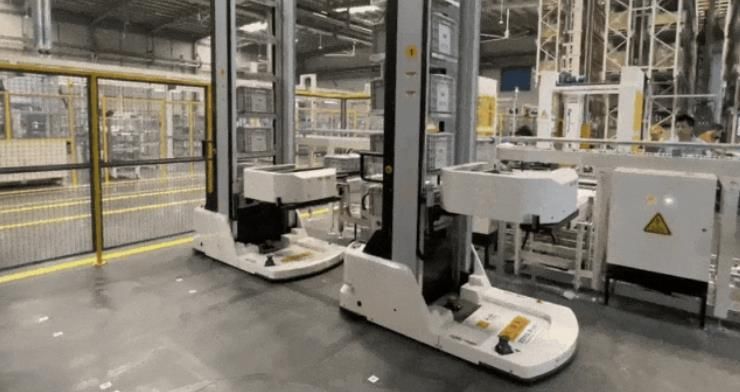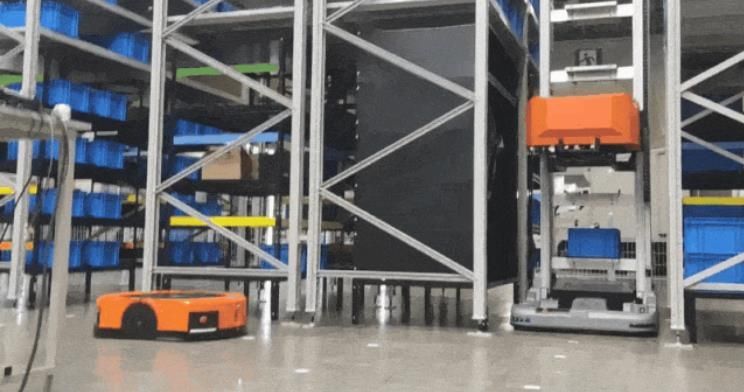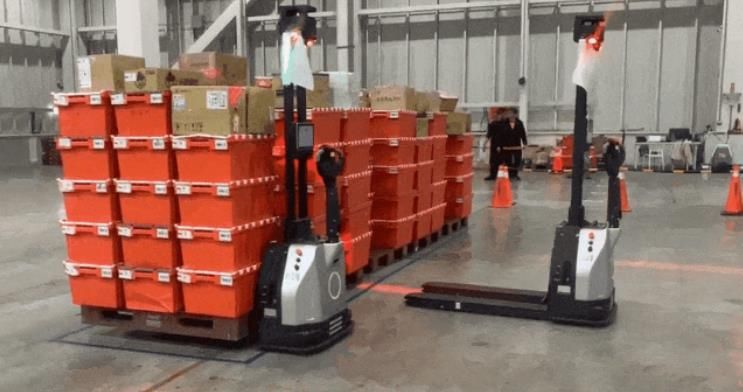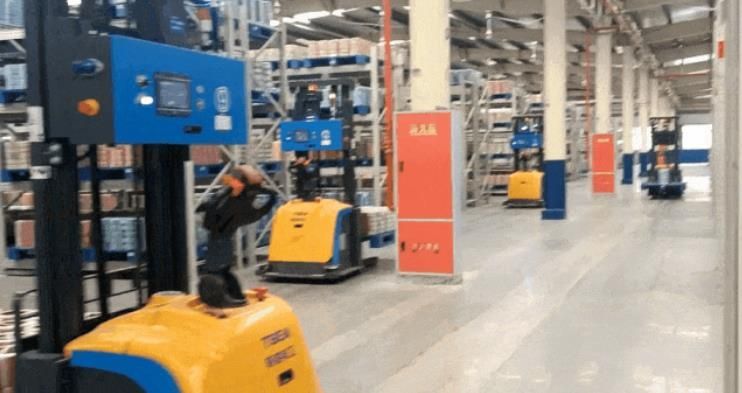With the rapid development of industrial automation, mobile robots, as advanced logistics handling equipment, have been widely used in various industries. While the advantages and value of different brands and types of robots are constantly recognized by the market, the problem of information silos caused by their discreteness has become increasingly prominent, which restricts enterprise efficiency and cost control, and hinders the pace of enterprise transformation and upgrading.
Pain points of transformation and upgrading
1. Due to the constraints of AGV selection in the early stage of the project, the flexibility and flexibility of equipment selection by manufacturers in the second phase of the project are relatively low.
2. In different scenarios within the same warehouse, the frequency of AGV usage is uneven, with some AGVs having a high idle rate, while others do not meet performance standards due to insufficient quantity.
3. The data of AGVs from different brands is opaque, resulting in high maintenance costs.
4. Key components such as batteries and radars are not interchangeable among different devices, making maintenance difficult and costly.
For many years, LOGIANT has been committed to creating the highest ROI flexible logistics solutions for customers. Targeting their pain points and different scene needs, LOGIANT LCS integrates advanced technologies such as AI algorithms and cloud computing, ecologically connecting upstream software systems and downstream hardware equipment, flexibly configuring different types of equipment for mixed operations, and achieving the optimization of cost and efficiency.
Multi-manufacturer and multi-category AGV adaptation
Based on a self-developed unified architecture, LOGIANT LCS supports mixed scheduling of multiple types of AGVs to meet the on-site needs of different customers. With modular design and plug-in control, it provides standardized interfaces to easily schedule all mainstream vehicle models in the market, including lurking trucks, forklifts, container trucks, etc. It adapts to AGV protocols from different manufacturers, summarizes and reports the status, generates custom reports, and conducts real-time and transparent production status analysis.
Adaptable models (partial)
Material box handling vehicleLOGIANT LCS has accumulated years of technological accumulation, scenario thinking, and understanding of future development trends of LOGIANT. By breaking down the data barriers of software and hardware products, and unifying the allocation of resources such as AGVs and work areas, it connects different brands and models of robot equipment for efficient mixed operations, realizes the sharing of robots and logistics resources from different manufacturers, facilitates customer business management and information collection, data exchange, and creates a new mode of mixed scheduling, significantly reducing customer digital transformation and operating costs.


